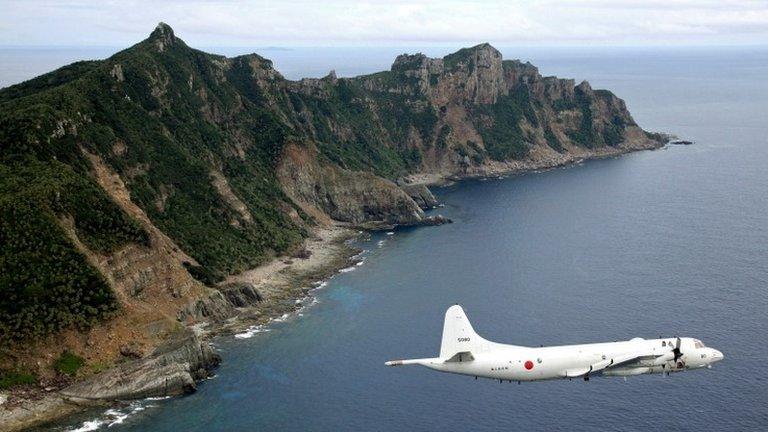Japan's Shinzo Abe says no review of sex slaves apology
- Published
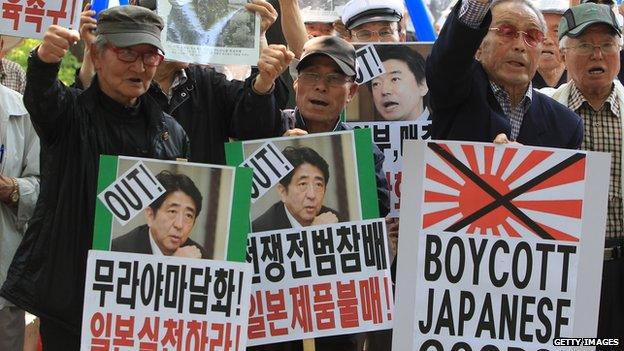
Shinzo Abe has been targeted by South Korean protesters
Japanese Prime Minister Shinzo Abe says he will not revise a historic Japanese apology for the army's use of war-time sex slaves.
His government had announced a review of the evidence that the army forced Asian women to serve in its brothels.
Mr Abe spoke of his pain at the "immeasurable suffering" endured by the women and said the apology would not be withdrawn.
China and South Korea have accused Japan of trying to rewrite history.
Up to 200,000 women, many of them Koreans, were used as sex slaves by troops of the Japanese imperial army during the 1930s and 40s.
Japan issued the "Kono statement" in 1993 which offered an apology, admitting for the first time the army had played a direct or indirect role in the forced recruitment of Asian women.
Mr Abe said that his cabinet upheld the position outlined by previous administrations on Japan's war-time past.
"We must be humble regarding history... it should not be politicised or made into a diplomatic issue," he said.
Japan's Chief Cabinet Secretary Yoshihide Suga made a similar statement on Monday, but indicated that Japan would still reconsider the historical facts on which the statement was made.
Japanese officials have indicated that the Kono statement was negotiated with the South Korean government as a way to draw a line under the controversy.
One official said the surviving women who provided the testimony on which the apology was based appeared to have been selected by the South Korean government.
He said the Abe cabinet wanted to establish the exact circumstances in which the statement was made.
Disputes over territory and the record of Japan's war time aggression have severely damaged relations between Japan and its neighbours.
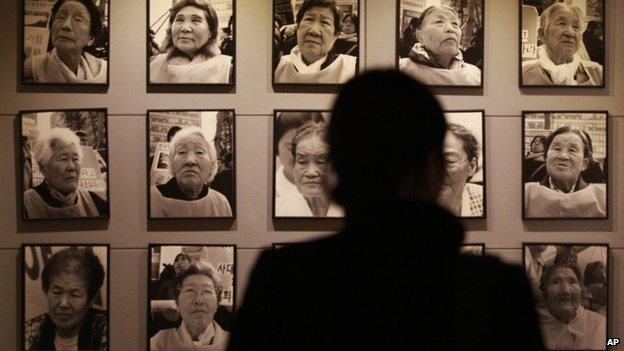
A museum to some of the 'comfort women' was set up in a nursing home in Toechon, South Korea
The Japanese government has been trying to arrange a first summit meeting between Mr Abe and South Korean President Park Geun-hye, but there has been no agreement.
Mrs Park has called on Japan to embrace "truth and reconciliation".
The United States has been trying to get its two major Asian allies to set aside their differences and work more closely together, particularly over the perceived threat from North Korea.
- Published28 February 2014
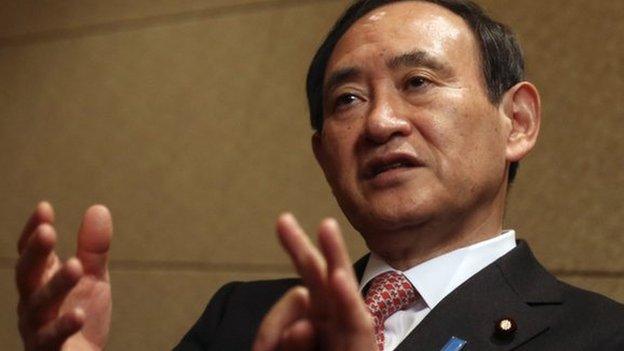
- Published29 May 2013
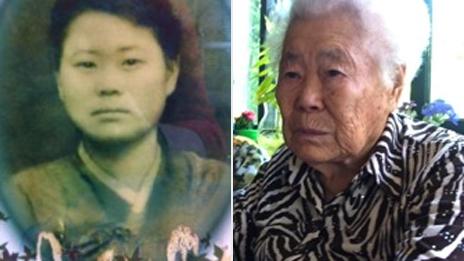
- Published26 February 2014
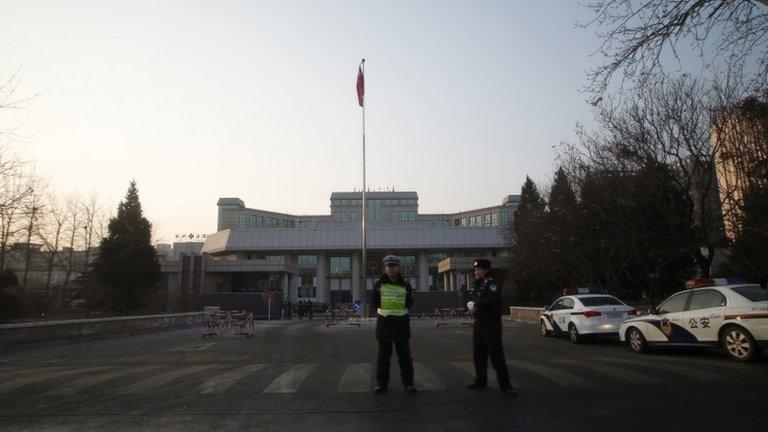
- Published13 February 2014
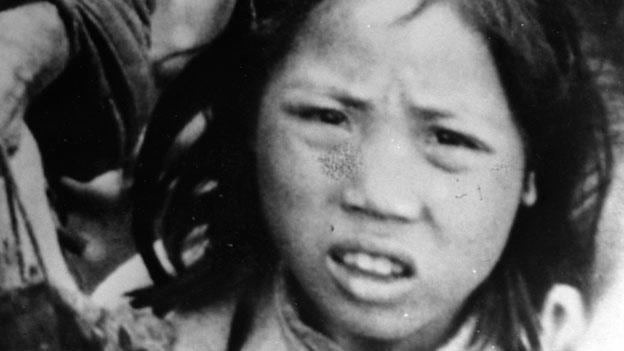
- Published10 November 2014
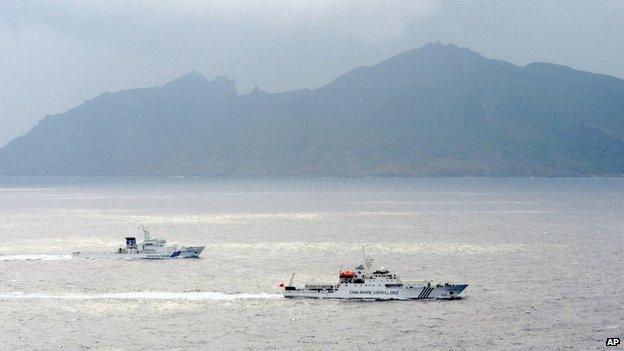
- Published28 January 2014
